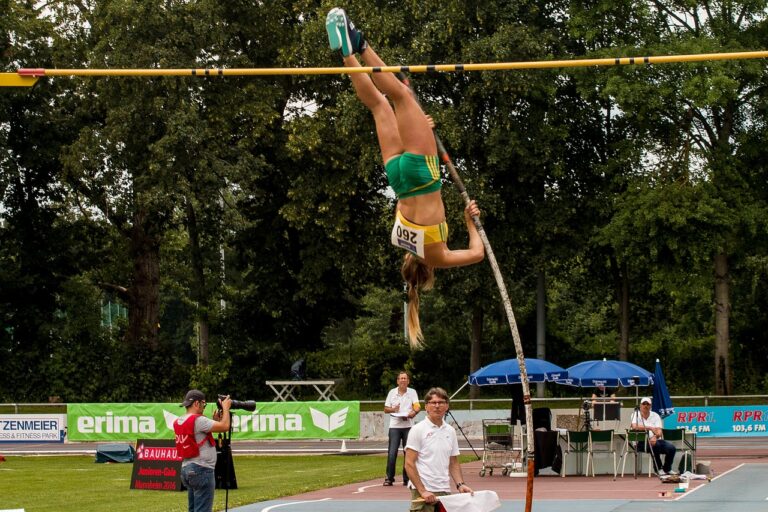IPL’s Effect on Cricket Ground Waste Recycling Technologies
Betway, Play99exchIPL matches attract massive crowds to cricket stadiums, leading to a substantial increase in waste generation. With spectators enjoying their snacks and beverages during the matches, the need for efficient waste management practices becomes crucial. The IPL has brought attention to the necessity of implementing sustainable waste management solutions in cricket stadiums to handle the large volumes of waste produced during matches.
As a result of the IPL’s influence, many cricket stadiums have started adopting eco-friendly waste management practices to minimize their environmental impact. From segregating waste at source to promoting recycling and composting, efforts are being made to reduce the amount of waste sent to landfills. The emphasis on waste management in cricket stadiums during the IPL has triggered a positive shift towards more sustainable and responsible waste disposal methods in the sports industry.
• Implementing sustainable waste management practices in cricket stadiums
• Segregating waste at source to promote recycling and composting
• Reducing the amount of waste sent to landfills
• Positive shift towards more sustainable and responsible waste disposal methods in sports industry
Current waste management practices in cricket grounds during IPL matches
Cricket stadiums during IPL matches witness a substantial amount of waste generated by the influx of spectators. In response to this, many stadiums have implemented waste segregation techniques to manage the vast quantities of waste effectively. Typically, bins for recyclables like plastic bottles and cans are placed strategically throughout the stadium, alongside bins for general waste.
Moreover, some stadiums have taken the initiative to collaborate with waste management companies to ensure proper disposal and recycling of the waste generated during matches. By engaging in such partnerships, stadiums aim to minimize the environmental impact of the event and promote sustainability practices among fans and staff alike.
Challenges faced in recycling technologies at cricket stadiums during IPL
One of the significant challenges encountered in implementing recycling technologies at cricket stadiums during the IPL is the lack of infrastructure to support efficient waste segregation. Stadiums often struggle with setting up proper waste disposal units and recycling bins in accessible locations within the premises. This hampers the segregation of recyclable materials from general waste, making it harder to manage the overall waste output during matches.
Moreover, the variability in the types of waste generated at cricket stadiums adds complexity to the recycling process. From plastic bottles to food packaging, the diverse nature of waste materials requires a tailored approach to recycling technologies. Stadium authorities find it challenging to implement a one-size-fits-all solution for recycling, as different materials need specific recycling processes to ensure environmental sustainability.
How has IPL impacted waste management in cricket stadiums?
IPL has brought significant attention to waste management in cricket stadiums by generating a large amount of waste during matches.
What are the current waste management practices in cricket grounds during IPL matches?
Current waste management practices include waste segregation, collection, and disposal, with some stadiums implementing recycling initiatives.
What are some challenges faced in recycling technologies at cricket stadiums during IPL?
Challenges include limited infrastructure for recycling, lack of awareness among spectators, and the need for better coordination between stakeholders for effective waste management.







